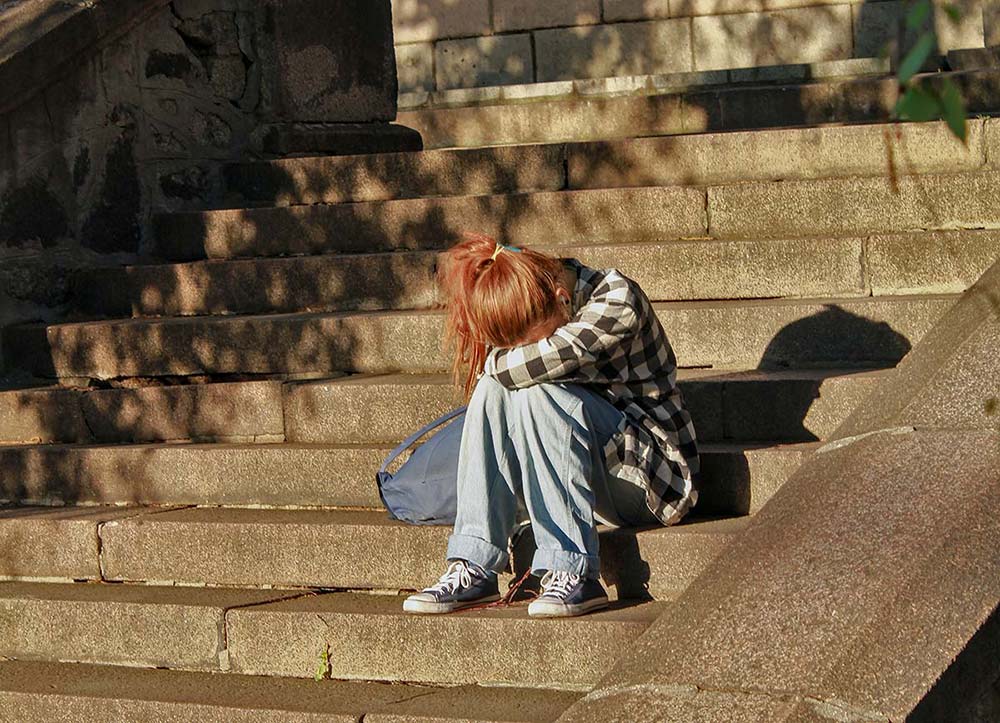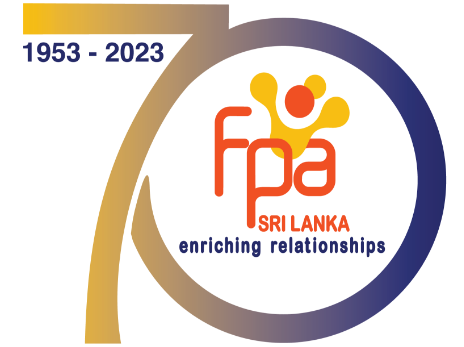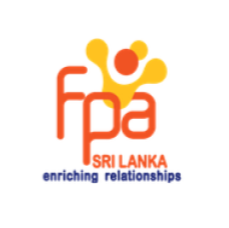Adolescent self-harm: an overlooked tragedy

While a troubling statistic for parents to hear, research has found that nearly 1 in 5 young people will self-harm at some point during their teenage years.
Self-harm occurs when somebody intentionally damages or injures their body, as a result of attempting to relieve oneself of emotional distress. Such distress can result from being bullied, school or work pressure, family arguments, issues in a relationship, financial or legal troubles, anxiety or depression, low self-esteem, grief due to a loss, confusion about ones sexuality, mental disorders, abuse etc.
Self-harm may be linked to present or past negative experiences and can change over time. At times the reasons may not even be known and may not be the same reasons for any two people.
While the purpose of self-harm isn’t to harm oneself, it is seen as a mechanism to cope with anger, pain, self-hatred, difficult circumstances, guilt or emptiness. This makes self-harm addictive as the dopamine cycle that characterizes addiction is present.
Most self-harm is done through skin cutting, head banging, hitting, or burning. However, while some keep such wounds visible as a cry for help, most adolescents hide these scars from their loved ones, making it difficult to detect.
While self-harming is not always indicative of suicidal intent, there is a high correlation between the two. However, not everyone who self-harms wants to end their life, for some, it is a way of staying alive by coping with emotional distress.
In our culture, self-harm is understood as an impulsive response to difficult interpersonal situations and for most of the youngsters, self-poisoning seems to be the preferred method of dealing with difficult situations.
Irrespective of gender, ethnicity or socio economic status, adolescents can engage in self-harm, with a disproportionate rate of self-harm among members of the LGBTQIA+ community. Hence, vigilance and understanding the nuances of the signs of self-harm are essential to effectively identify self-harming behavior.
Signs parents or caregivers must be aware of
Signs can be both physical and emotional. Physical signs include unexplained cuts, bruises or cigarette burns, usually on the wrists, arms, thighs and chest, unexplained blood stains on clothes or tissues, staying covered at all times, making excuses for new injuries, signs of pulling out hair, picking on existing wounds, unexpectedly during laundry or taking out garbage, or razor seeking.
Emotional signs include withdrawing from others, depression, tearfulness, lack of motivation or interest, low self-esteem, talking about ending things or not wanting to go on.
Supporting an adolescent who is about to self-harm
While it is deeply upsetting, shocking and saddening to know that your child is self-harming, understand that your child is going through similar emotions too. Therefore, as a parent/ care giver, remain calm and approach the subject with care and understanding. Do not try to force them to change what they are doing or insult them for attention seeking.
Try to understand their emotions and experiences, without judging them. Be there with them and create a safe space. Let them know that their feelings are valid, they are not alone and that you love them.
Keep the conversation open and ask them how they like to be supported, let them be in control of their decisions. Ask them to try to explain how they’re feeling if they can, and let them know that its okay if they cannot explain just yet.
Attend to their wounds and asses if a high level of medical care is needed. It's important to remember you may not be able to help them on your own. Hence encourage them to seek mental health support.
Seeking help
It is easy to rely on self-harm as it provides immediate relief from overwhelming painful emotions. Hence, stopping may seen impossible. However, if you feel that you need to escape your feelings, have sudden impulses to hurt yourself or feel that your emotions are too overwhelming, know that help is available and do reach out to helplines such as 1926, CCC1333, "Alokaya" Counselling Center at The Family Planning Association, (077 9895252) Sumithrayo or Shanthi Maaragam for free and confidential help.
While speaking about how you feel can be difficult, it can offer a healthy alternative for releasing negative emotions, and with the right support and treatment, you will be able to deal with the underlying cause in a less harmful way.
.png)



